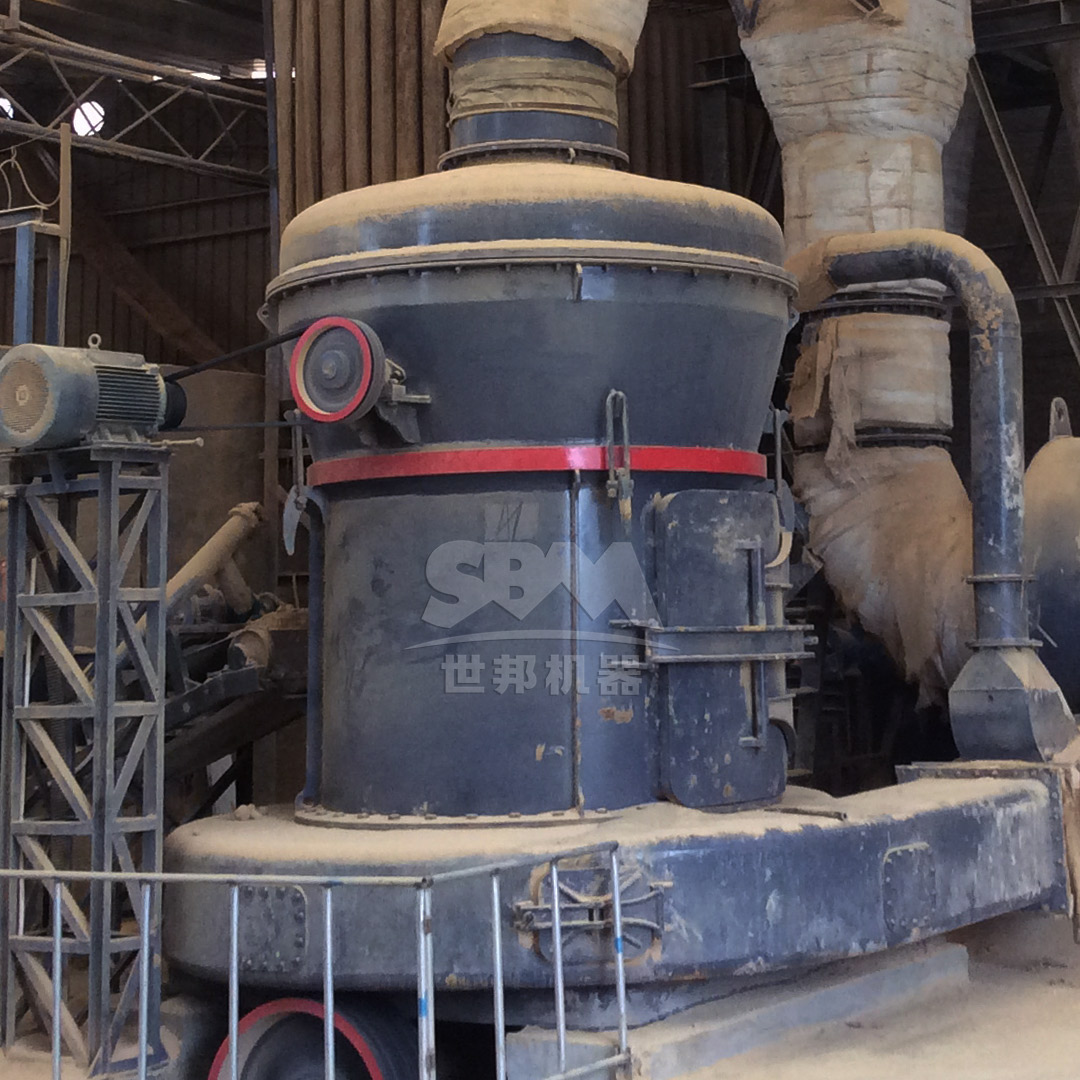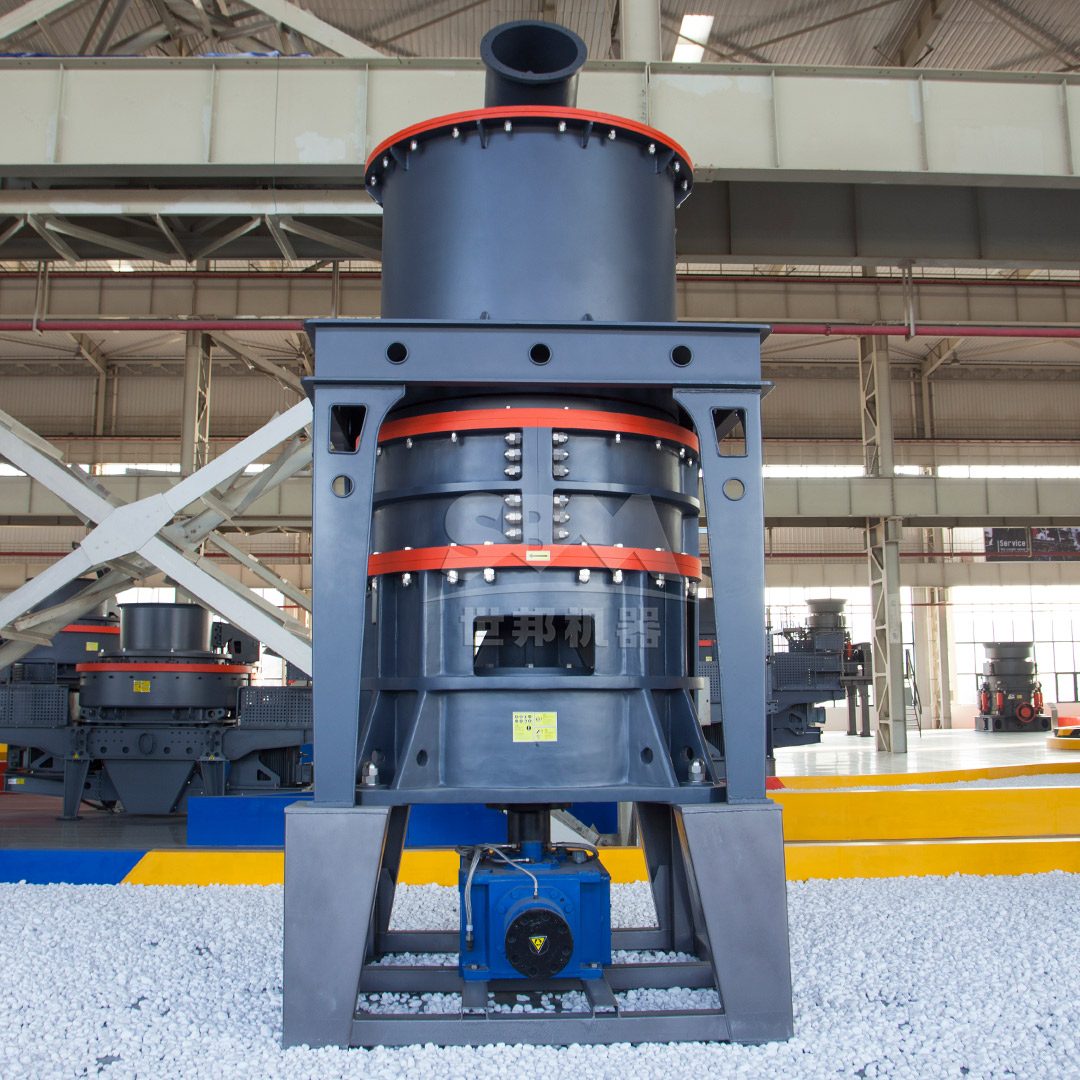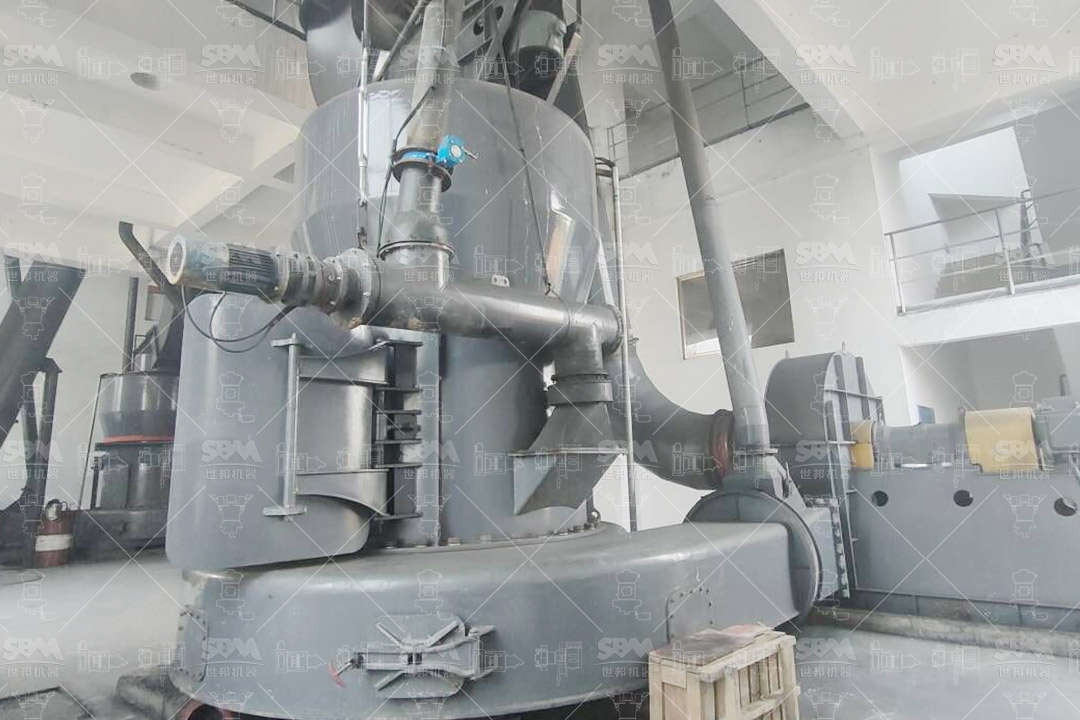Pendulum mills, also known as pendulum roller mills, represent a versatile class of grinding equipment capable of processing a wide range of materials across various industries. These mills utilize suspended grinding rollers that swing outward due to centrifugal force, pressing against a stationary grinding ring to crush and pulverize feed material. The pendulum mill’s unique design makes it suitable for both coarse and fine grinding applications, offering exceptional flexibility in material processing.
Before exploring the specific materials that can be processed, it’s essential to understand the fundamental working principles of pendulum mills. These mills operate through a combination of impact, attrition, and compression forces. The grinding elements consist of pendulum-mounted rollers that rotate around a vertical shaft while simultaneously rotating on their own axes. As material enters the grinding chamber, it’s fed between the rollers and grinding ring, where it undergoes size reduction through multiple mechanisms.
The classification system integrated into pendulum mills ensures precise control over final product fineness. Air separators or other classification devices work in conjunction with the grinding mechanism to separate properly sized particles from those requiring further reduction. This closed-circuit operation enhances efficiency and allows for tight control over product specifications.
Pendulum mills excel in mineral processing applications, handling both metallic and non-metallic ores with consistent performance. The robust construction and adjustable grinding pressure make these mills suitable for materials with varying hardness and abrasiveness.
Non-Metallic Minerals: Pendulum mills process numerous non-metallic minerals including limestone, calcite, dolomite, barite, talc, and gypsum. These materials typically require fine to ultra-fine grinding for use in industrial applications. For instance, ground calcium carbonate (GCC) produced in pendulum mills finds applications in plastics, paints, paper, and construction materials. The ability to control particle size distribution makes pendulum mills ideal for producing fillers and extenders with specific technical requirements.
Metallic Ores: While primarily used for non-metallic minerals, pendulum mills can also process certain metallic ores, particularly in the preliminary grinding stages or for specific industrial mineral applications. The mills handle materials like iron ore, copper ore, and gold ore when configured appropriately for the specific hardness and abrasion characteristics.
The chemical industry relies heavily on pendulum mills for processing various industrial minerals and chemical compounds. The closed-system design prevents contamination and minimizes dust emissions, making these mills suitable for high-purity applications.
Common chemical materials processed in pendulum mills include:
The thermal sensitivity of many chemical compounds requires careful control of grinding temperatures. Modern pendulum mills incorporate efficient cooling systems and air flow management to prevent thermal degradation of sensitive materials.
The construction industry represents a significant application area for pendulum mills, particularly in cement and concrete production. These mills process raw materials and additives that enhance the performance characteristics of construction products.
Key construction materials processed in pendulum mills include:
The grinding efficiency of pendulum mills contributes to reduced energy consumption in cement production, while the precise particle size control ensures optimal reactivity and strength development in the final cement product.
Beyond traditional industrial applications, pendulum mills process advanced materials for high-technology applications. These include:
Ceramic Precursors: Various ceramic powders and precursors undergo size reduction in pendulum mills to achieve the specific surface area and particle size distribution required for advanced ceramic production.
Composite Materials: The ability to control particle morphology makes pendulum mills suitable for processing composite material components, including mineral fillers for polymer composites and functional additives for advanced materials.
Recycling Applications: Pendulum mills find increasing use in recycling operations, processing materials like construction waste, glass, and certain industrial byproducts into valuable secondary raw materials.
Successful processing in pendulum mills depends on understanding material characteristics and their impact on mill performance. Key factors include:
Hardness: Pendulum mills efficiently process materials with Mohs hardness up to approximately 6-7, though special configurations can handle harder materials. The relationship between material hardness and wear part lifetime must be considered in operational planning.
Moisture Content: Most pendulum mills operate in dry grinding mode, requiring material moisture content typically below 5-6%. Higher moisture materials may require pre-drying or specialized mill configurations with integrated drying capabilities.
Abrasiveness: Highly abrasive materials accelerate wear on grinding elements and internal components. Material abrasiveness influences the selection of wear-resistant materials and maintenance intervals.
Feed Size Distribution: Optimal pendulum mill operation requires controlled feed size, typically with maximum particle sizes between 20-50mm depending on mill configuration. Pre-crushing may be necessary for larger feed materials.
Maximizing the efficiency and productivity of pendulum mills requires attention to several operational parameters:
| Parameter | Impact on Performance | Optimization Strategy |
|---|---|---|
| Grinding Pressure | Affects fineness and throughput | Adjust based on material characteristics |
| Air Flow Rate | Influences classification efficiency | Optimize for target particle size |
| Feed Rate | Impacts grinding efficiency and power consumption | Maintain consistent, optimized feeding |
| Classifier Speed | Controls final product fineness | Adjust for specific product requirements |
Regular maintenance and monitoring of critical components, including grinding elements, classifiers, and wear parts, ensures consistent performance and extends equipment service life.
For operations requiring advanced pendulum mill technology, our MRN Pendulum Mill series offers exceptional performance across diverse material processing applications. Featuring innovative design elements including a scientific rare lubrication system and efficient powder collector, these mills deliver reliable operation with reduced maintenance requirements.
The MRN series handles feed sizes up to 50mm and produces final products ranging from 30-325 mesh, with capacity ranging from 2.7-83 TPH depending on specific model configuration. The integrated pulse dust collector ensures environmentally compliant operation with minimal dust emissions.

For applications requiring even finer grinding capabilities, our SCM Ultrafine Mill represents the pinnacle of fine grinding technology. Capable of producing powders with fineness between 325-2500 mesh (D97≤5μm), this advanced mill system incorporates intelligent control systems and high-precision classification technology.
The SCM series delivers remarkable energy efficiency, with capacity approximately double that of jet mills while reducing energy consumption by 30%. Special wear-resistant materials in grinding components extend service life, while the environmentally optimized design maintains noise levels below 75dB.
The application scope for pendulum mills continues to expand with technological advancements and evolving industry requirements. Emerging trends include:
Digitalization and Smart Operation: Integration of IoT sensors and data analytics enables predictive maintenance and optimized process control, reducing downtime and improving product consistency.
Enhanced Material Flexibility: Ongoing developments in wear-resistant materials and mill designs expand the range of processable materials, including more abrasive and harder substances.
Sustainability Focus: Energy efficiency improvements and reduced environmental impact remain key development areas, with advanced classification systems and optimized grinding geometries contributing to lower specific energy consumption.

Pendulum mills represent versatile and efficient solutions for processing a broad spectrum of materials across multiple industries. From traditional mineral processing to advanced material production, these mills deliver consistent performance with precise control over product characteristics. Understanding material properties and selecting appropriate mill configurations ensures optimal results for specific applications.
The continuing evolution of pendulum mill technology, exemplified by advanced systems like our MRN Pendulum Mill and SCM Ultrafine Mill, expands processing capabilities while enhancing operational efficiency and environmental compliance. As industry requirements evolve toward finer specifications and sustainable operation, pendulum mills will continue to play a crucial role in material processing operations worldwide.
